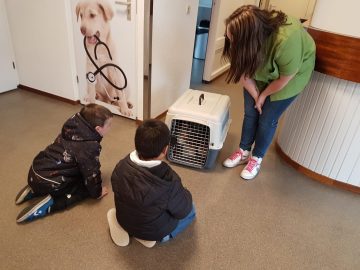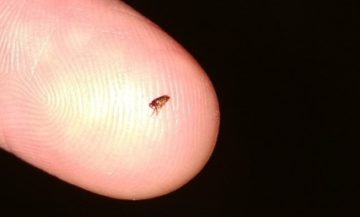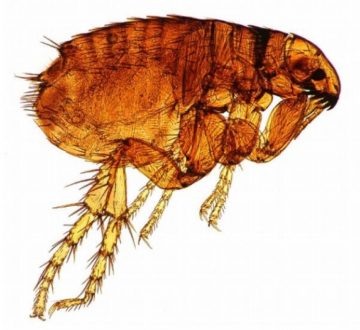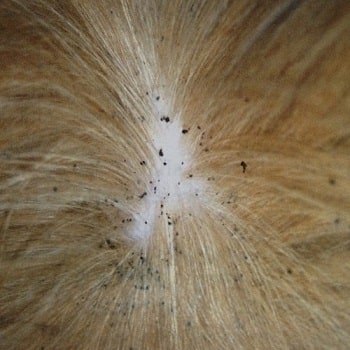The health of our cats and a happy life for them is for us the most important. For this reason, we don’t let a cat have more litters than her good health allows. The studs or our breeding program each have a nice inside- and outside area.
With serious returning health problems directly related to pregnancy, the cat will be taken out of the breeding program and will be neutered. If possible, she will remain with us or move to a new home.
Although I try to keep retired adult cats to stay with us, this is unfortunately not always practically possible in a cattery. The cats in need of a new home are always social. The most important thing for me is that they will be happy and healthy in their new home.
 The cats in our breeding program are tested for many (hereditary) diseases before we breed with them. The testing is quite expensive, but we think it is really needed to have the highest chance of healthy kittens. The list where they get tested on is long, but the most important are:
The cats in our breeding program are tested for many (hereditary) diseases before we breed with them. The testing is quite expensive, but we think it is really needed to have the highest chance of healthy kittens. The list where they get tested on is long, but the most important are:
- PK-def
- HCM
- PRA
- Felv
- FIV
Cats who are not ill, but are carriers of a disease – such as PRA – are not part of our breeding programme. They are tested before they are selected for our breeding programme.
But why do some breeders d0 choose to breed with carriers of genetic deseases?
We as a cattery do not breed with carriers of genetic deseases, but here an explanation why some breeders do breed with carriers. Imagine you have a very beautiful female cat, but a genetic testing before breeding reveals that she is in fact a carrier of the genetic desease PK-def. The cat itself is not sick, she is only a carrier of the desease. You cannot pair this female cat with a male cat who is also a carrier of PK-def. If you would choose to pair two carriers of the same desease with each other, some kittens would be carriers of the desease (like PK-def), but you would also get sick kittens out of this pairing who really have the desease PK-def. Therefore, breeders who have got carriers in their breeding programme, must always test their kittens to know which kittens are free and which kittens are carriers, and preferably they must sell the carrying kittens only as pets and not as breeding cats.
If there are hardly any cats of a breed available for breeding, then it would be more likely to choose desease-carrying cats in your breeding programme. We prefer that catteries do not breed with cat that are carrier of a genetic desease, and if they do, we prefer that they only cross this cat with a non-carrier, keep a desease-free kitten out of the pairing for their programme and neuter the carrying cat parent. But everyone has got their own opinion about this subject.
Vaccination
Kittens get their first vaccination when they are about eight weeks old. Three or four weeks later they get a second vaccination. After this, further vaccination is not necessary until the cats are one year old.
De-worming and de-fleaing
When kittens are three weeks old, they get their first de-worming treatment. At 5 weeks and at 7 weeks of age, they will be de-wormed again. After this they get a de-worming treatment at 3-4-5 and 6 moths of age. Then, the de-worming takes place at three-month intervals. The mother cat is de-wormed at the same times as her kittens.
Pregnant or lactating cats, or studs who are together with a female in heat to mate, will get a de-worming or de-fleaing treatment which is not harmful for kittens’ health.


My experience has taught me that young kittens are usually not bothered by fleas when the adult cats are regularly treated. When the kittens are about 6-8 weeks old, they can have anti-flea treatment. Like adult cats, they can subsequently be treated for fleas on a monthly basis. It is important to check cats regularly for fleas or flea stools (small black grains, which become red in water).

Is it really necessary?
When a cat has worms, it can even be harmful to humans. It is therefore necessary to be serious about the de-worm and de-flea treatment schedules, for the cats’ and your own and your family’s sake. Prevent discomfort for your cat and yourself.
